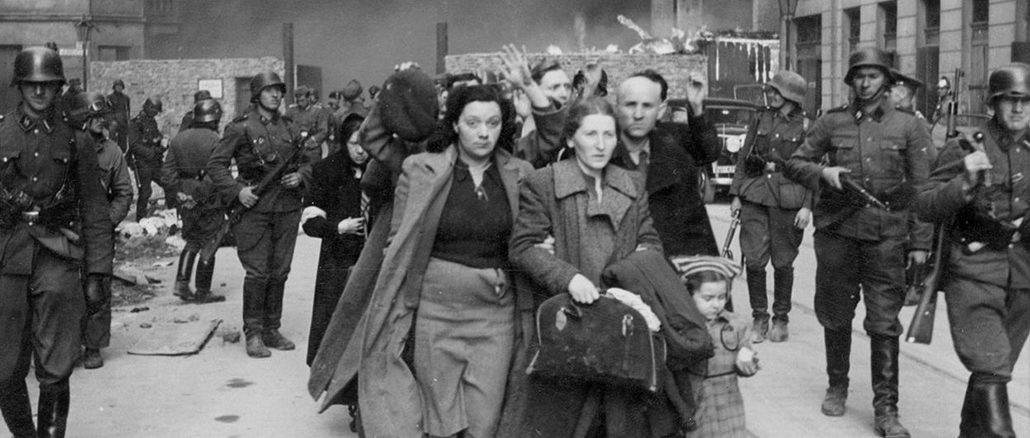—Irene Oore
I am writing this on January 1, 2020, as we wish each other a “Happy New Year”, and I cannot help noting the feebleness of such wishes. As violent hate crimes, ethnic cleansings and genocides have become part of our daily reality, as thousands and millions of refugees seek shelter in the safety of new lands, our individual and collective wounds keep deepening .
The suffering of those experiencing these and many other traumatic events does not die with them. It lives on in their descendants and in turn in the descendants of the descendants.
My book, The Listener: In the Shadow of the Holocaust (URP, 2019) is a testimony to the unavoidable nature of these psychic wounds and their transmission from one generation to the next. It depicts the unmeasurable damage to successive generations of victims and perpetrators, and the resulting damage to all of humanity.
The Listener is the story of my mother, Stefa, a young Jewish woman trying to survive during WWII in Nazi occupied Poland, first in Lodz, then in the notorious Warsaw Ghetto, and then on the Aryan side, by obtaining false papers and by concealing her Jewish identity, and finally as a Polish Catholic country-girl working as a nanny and maid in an Austrian Nazi household.
This slim book is also the story of the relentless, never-ending recounting of various fragments of the narrative; accounts of the humiliation which the Star of David yellow patch represented for her, descriptions of the skeletal, starved children dying on the sidewalks of the Warsaw Ghetto, stories of betrayals and blackmail. Stories of men and women going to the Umschlagplatz for a promise of two kilograms of bread and one kilogram of beet marmalade: they wanted to eat one last time before being gassed. Stories of German soldiers throwing babies out of the window while their mothers watched. In all those retellings Stefa was the teller while I was (from the age of 4 or 5 on) the listener.
The recounting went on for decades. Daily. Stefa was implacable. She was unstoppable. She often expressed her deep dissatisfaction with the quality of my listening; how is a child to listen to the desperately tragic horror life stories told by her mother? How do we even listen to such stories as adults? Stories of suffering and of trauma? How do we, as a society listen to such stories? And as individuals? And how do these stories, coming from the deepest wounds, shape us? What do these stories teach us about the world in which we live? What do they teach us about ourselves?
I wrote The Listener because having listened to my mother’s stories for so long, I had to tell them. I wrote the book because I promised her that I would. My mother wanted her story to become a book. I wrote it to honour her and her wish. I wrote The Listener to find my voice in the stories, to own them in some way and to magically free myself from them. I wrote The Listener for my children. For them to understand me better both as a daughter and as a mother, for them to understand the gift of darkness which I was passing on to them. Finally, I wrote The Listener in the hope that through the writing I could somehow transmute the heartbreak of her suffering into gratitude for her gifts, into compassion for her and into praise.
Irene Oore is the author of The Listener: In the Shadow of the Holocaust published by University of Regina Press in 2019 and is co-author of Marie-Claire Blais: An Annotated Bibliography. Born in Lódz, Poland, she immigrated to Israel as a child and is now a professor of French at Dalhousie University in Halifax.
The featured image is in the public domain, sources from Wikipedia, cropped to fit this space.


